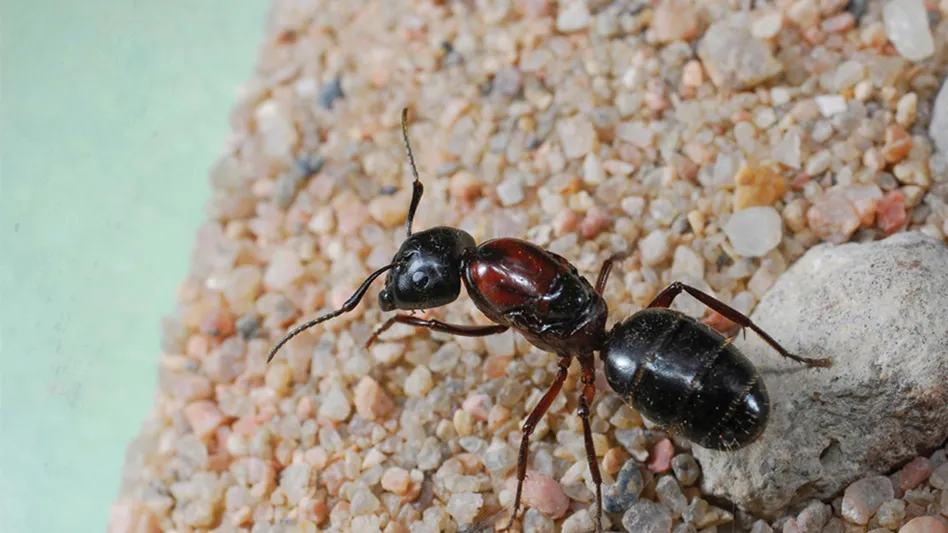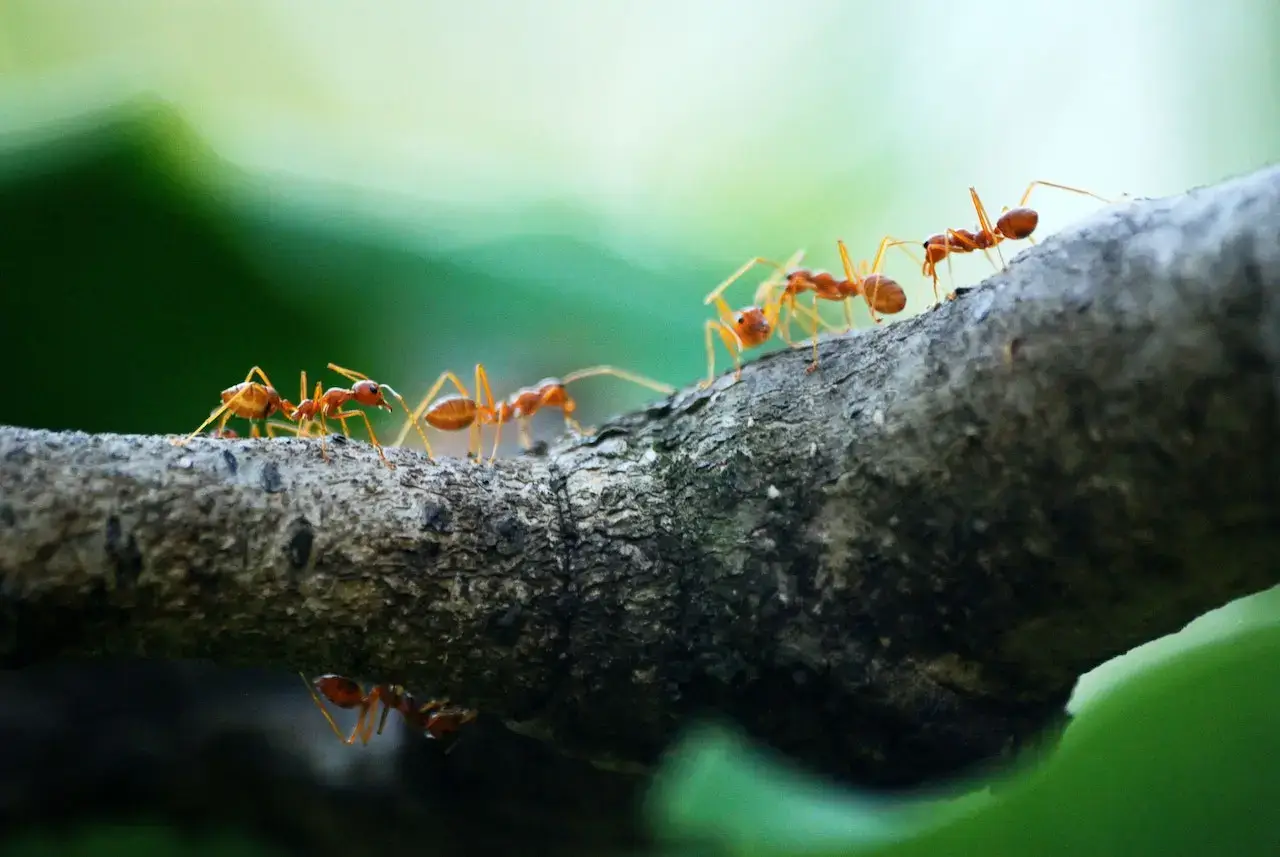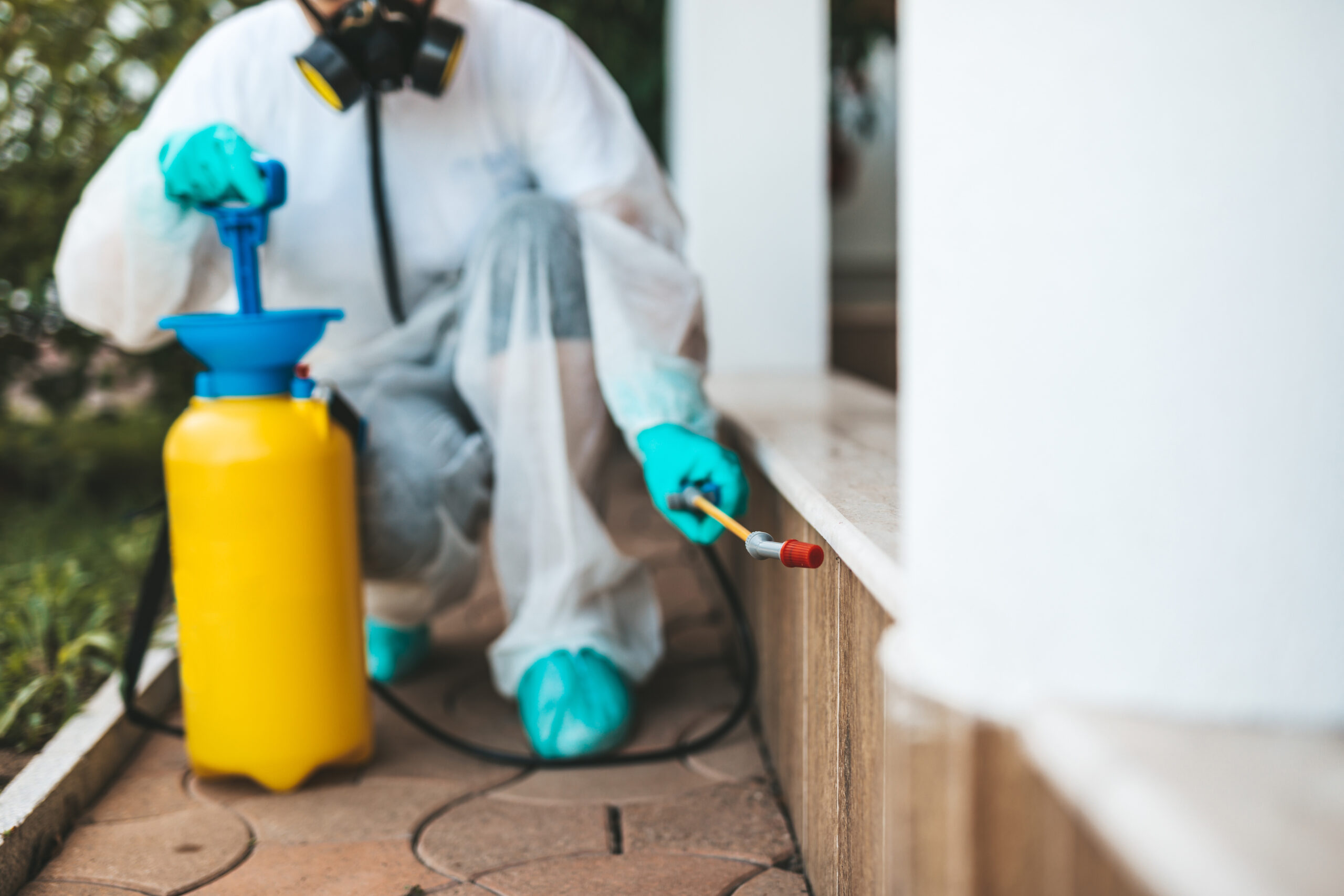Top-Rated Termite Control Services: Make Certain Long-Term Protection for Your Residential property
Top-Rated Termite Control Services: Make Certain Long-Term Protection for Your Residential property
Blog Article
Environmental Influence of Bug Control: Balancing Performance With Sustainability
The ecological impact of pest control is a crucial problem that needs a fragile equilibrium in between achieving efficiency in managing bugs and guaranteeing sustainability of our communities. From the use of unsafe chemicals that leak right into our dirt and water to the unplanned effects on non-target species, the consequences of standard parasite control techniques are far-ranging.
Dangerous Chemicals in Bug Control
The usage of hazardous chemicals in bug control poses significant ecological and wellness threats that necessitate mindful factor to consider and mitigation techniques. Chemicals, pesticides, and herbicides are frequently made use of to remove bugs, however their prevalent application can lead to unexpected repercussions. These chemicals can pollute dirt, water resources, and the air, impacting not only the targeted parasites however also useful pests, wildlife, and people.

To attend to these risks, incorporated bug administration (IPM) methods are being advertised as a much more sustainable alternative. IPM includes a mix of methods such as biological control, habitat adjustment, and the targeted usage of chemicals as a last resource (ant control pineville nc). By taking on an alternative technique to pest control, we can reduce the environmental and health and wellness impacts connected with unsafe chemicals while properly taking care of pest populations
Effect on Non-Target Species
Considering the unintended effects of pest control approaches, the influence on non-target types is a critical facet that needs extensive analysis. While bug control actions aim to target details parasites, other microorganisms in the ecosystem might be unintentionally influenced. Non-target varieties, consisting of helpful insects, birds, creatures, and even plants, can endure indirect or direct damage from chemical applications or biological control methods.
Pesticides can have lethal or sub-lethal results on non-target types. Pesticides created to battle a certain insect pest might harm pollinators like or natural predators such as ladybugs. Furthermore, chemical deposits can accumulate in the atmosphere, influencing non-target organisms with time. Organic control agents, if not species-specific, can posture dangers to unplanned targets, disrupting the ecological balance.
To reduce the effect on non-target types, integrated parasite administration (IPM) techniques that highlight a holistic method to pest control are recommended. These techniques prioritize the use of eco-friendly methods, reducing harm to beneficial organisms while properly handling pest populaces. Conducting thorough threat assessments and monitoring the outcomes of pest control initiatives are essential steps in safeguarding non-target varieties and promoting total community wellness.
Soil and Water Contamination
Unintentional ecological repercussions of pest control approaches expand beyond affecting non-target varieties, with significant effects for soil and water contamination. Chemicals, herbicides, and chemical fertilizers utilized in parasite control can seep right into the soil and pollute groundwater, posturing a threat to both terrestrial and water communities. Dirt contamination can interfere with the equilibrium of bacteria necessary for nutrition cycling and plant growth, causing reduced soil fertility and productivity. These chemicals can continue in the atmosphere for prolonged durations, building up in the soil and possibly entering the food chain.
Water contamination is an additional critical concern related to insect control techniques. Drainage from agricultural fields treated with pesticides can carry these chemicals into close-by water bodies, influencing aquatic organisms and water quality. Contaminants in next page water resources can have far-ranging repercussions, influencing not just marine life yet likewise human health and wellness via the usage of infected water or water microorganisms. To reduce soil and water contamination from pest control tasks, integrated pest administration methods that focus on sustainability and reduce chemical inputs are critical.
Air Air Pollution From Chemical Usage
Exposure to airborne pesticides during agricultural applications poses a substantial worry for air contamination control actions. When chemicals are splashed onto crops, they can volatilize right into the air and kind unstable natural compounds (VOCs) and other air-borne contaminants. These chemicals can add to the formation of ground-level ozone, a major element of smoke that can have destructive effects on human health and wellness, crop productivity, and overall air quality. Additionally, chemical drift, where chemicals are lugged by the wind to unintentional locations, can cause the contamination of nearby ecological communities and water bodies.

Approaches for Sustainable Bug Control
In the world of farming methods, implementing lasting pest control methods is extremely important for keeping ecological equilibrium and guarding crop returns. Lasting parasite control stresses using eco-friendly methods to manage parasite populaces effectively while reducing damage to non-target microorganisms and ecosystems. Integrated Pest Monitoring (IPM) is an extensively adopted approach that combines biological, social, physical, and chemical control methods to accomplish lasting parasite monitoring remedies.
One secret method in lasting bug control is promoting biodiversity within agroecosystems. By improving natural enemies of bugs, such as parasitoids and killers, farmers can reduce the requirement for synthetic chemicals. Crop turning and diversification are likewise reliable techniques to interfere with pest life cycles and develop much less positive problems for pests to grow. Additionally, using pest-resistant crop ranges and utilizing methods like trap cropping can assist minimize pest stress without relying heavily on chemical treatments. Inevitably, by integrating these sustainable bug control techniques, farmers can achieve a balance between pest management effectiveness and ecological stewardship.
Conclusion
In verdict, the environmental influence of pest control approaches must be very carefully taken into consideration to balance efficiency with sustainability. Dangerous chemicals made use of in parasite control can bring about soil and water contamination, air contamination, and injury non-target species - termite control services. It is important to apply sustainable bug control approaches to reduce these unfavorable results on the environment and promote a healthier community for future generations
By adopting an all natural method to pest control, we can decrease the environmental and health impacts connected with unsafe chemicals while efficiently handling pest populaces.

To mitigate the air pollution caused by chemical use, it is crucial to embrace incorporated insect monitoring techniques that focus on the usage of non-chemical pest control techniques, such as plant rotation, all-natural killers, and resistant plant selections. Sustainable parasite control highlights the usage of environmentally pleasant approaches to manage bug populaces efficiently while lessening damage to non-target microorganisms and communities. Integrated Parasite Management (IPM) is a commonly taken on approach that combines biological, social, physical, and chemical control approaches to attain long-term insect administration solutions.
Report this page